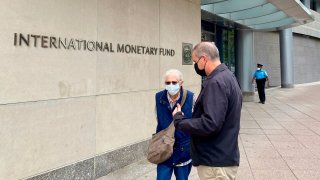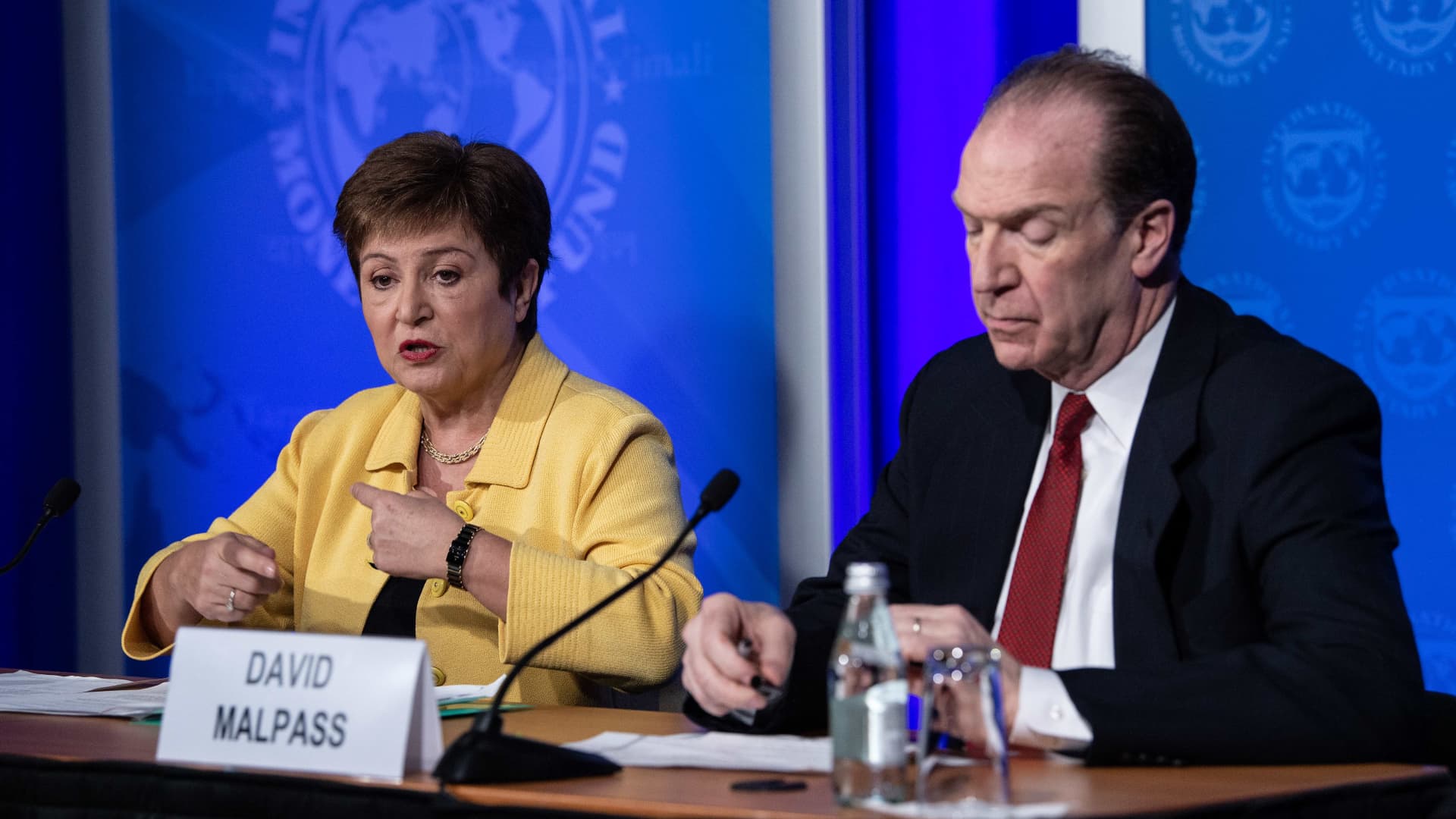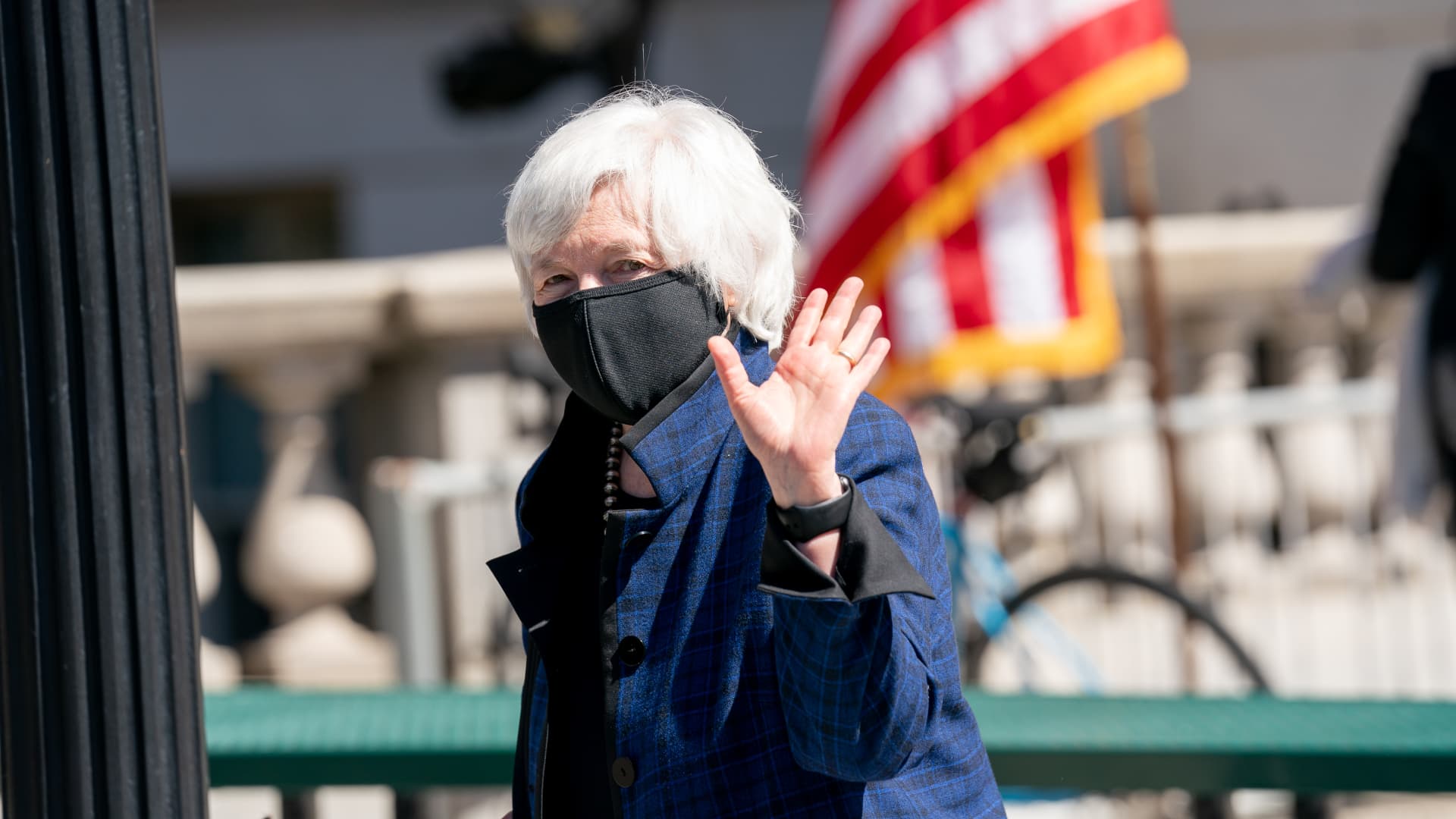

The Treasury Department is working with the International Monetary Fund to help provide up to $650 billion in currency aid to countries hit hardest by the Covid-19 pandemic.
An announcement Friday from Treasury indicated it is aiding the IMF toward an allocation of $650 billion in Special Drawing Rights that would "help build reserve buffers, smooth adjustments, and mitigate the risks of economic stagnation in global growth."
SDRs are reserve assets that countries can use to supplement their foreign exchange assets, such as gold and U.S. dollars.
Get New England news, weather forecasts and entertainment stories to your inbox. Sign up for NECN newsletters.
The Treasury announcement indicated that the SDR allocation is within the level the department is allowed to allocate without congressional approval. Treasury Secretary Janet Yellen and Sen. John Kennedy, R-La., recently had a heated exchange over the SDR issue during a public hearing.

Essentially, the agreement would allow countries to exchange their SDRs for U.S. dollars. Global demand for American currency has been a recurring issue throughout the pandemic and has resulted in the Federal Reserve also to engage in a robust dollar-swap program around the world.
Money Report
Treasury would exchange SDRs for dollars that it keeps in the Exchange Stabilization Fund. That in turn would require the government to borrow more money and incur some coasts, namely the difference between the interest on the SDRs and Treasury rates.
"This potential implicit cost is much lower than the benefits of a strong global recovery," the department said in the release.
"Addressing the long-term global need for reserve assets would help support the global recovery from the COVID-19 crisis. A strong global recovery would also increase demand for U.S. exports of goods and services—creating U.S. jobs and supporting U.S. firms," the statement added.
During a mandated Senate hearing on how Covid relief money is being spent in the U.S., Kennedy challenged Yellen on the SDR allocation, saying it would be costly to American taxpayers while only a fraction of the benefits would go to poor countries. He said China and Russia also would have access to the SDRs and that borrowing costs to the U.S. could reach $180 billion, but based on an allocation of $1 trillion in SDRs.
However, Yellen said the difference between what the U.S. would have to pay to borrow the money and the interest it receives on the SDRs would be "essentially a wash, and it is not costly."






